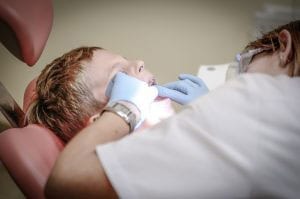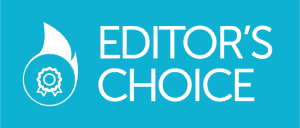According to a story from marketscreener.com, the biotechnology company Roche recently announced the results from a company sponsored phase 3 clinical trial that compared the safety and efficacy of rituximab (marketed as Rituxan) to mycophenolate mofetil as a treatment for adult patients with pemphigus vulgaris ranging from moderate to severe. These positive results reaffirm that rituximab, which was first approved a treatment for pemphigus vulgaris in June of last year, is still the most effective treatment in most cases.
About Pemphigus Vulgaris
Pemphigus vulgaris is the most common form of pemphigus, a rare disease that causes blisters to form on the skin and mucus membranes. Pemphigus is an autoimmune disease in which the immune system creates autoantibodies. This disease is more common in women and in people of Ashkenazi Jewish descent, revealing that people with certain genetic variants are more likely to get pemphigus. Symptoms include blisters that break and form into lesions and open wounds. They often first appear in the throat and mouth, making eating and swallowing extremely painful. Other surfaces where blisters may occur include the eyelids, genitalia, anus, and esophagus. Diagnosis of the disease can take a long time. In the past, this disease was often lethal as the open wounds that form can become easily infected, and the painful nature of mouth lesions can prevent patients from eating normally. Click here to learn more about pemphigus.
The Rituximab Breakthrough
Since its approval, rituximab has become the standard of care for treating pemphigus. Mycophenolate mofetil has never been officially approved for treating the disease but it has nevertheless earned a reputation as an alternative care standard. The majority of patients with the disease are able to successfully control their symptoms using this rituximab. In this study, the drug was able to satisfy all primary and secondary endpoints. The approval of rituximab for pemphigus vulgaris heralded a significant treatment breakthrough for this rare disease, representing the first advancement in treatment in around six decades.
The results of this study further confirm the exceptional capability of rituximab in treating pemphigus. It allows patients to enjoy long periods of disease remission and vastly improved quality of life.








